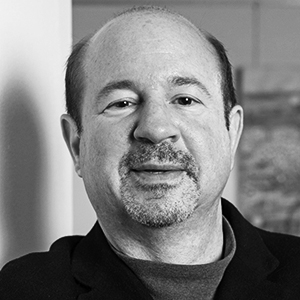
Michael Mann not only is one of the most distinguished scholars in the field of climate science but also is unparalleled in the depth, diversity, and sheer volume of his communication about climate science and its implications for society. His firm grounding in scholarship at the highest levels of climate science underlies all of his climate communication efforts and makes him effective in engaging his peers as well as members of the public in nuanced, fact-based discussions about climate science, its uncertainties, and its implications for our future.
Mike’s efforts to communicate climate science stretch back more than 20 years; include the use of virtually every communication platform; and exemplify a mastery born of dedicated, sustained, and repeated engagement. He and several colleagues founded the seminal, award-winning science blog RealClimate to engage the public in fact-based discussions about the climate issues of the moment. It quickly became a trusted repository of fact-based discussion about peer-reviewed climate science that is frequently cited, even to this day. He has also written a number of popular science books aimed at engaging and informing science enthusiasts and, most recently, young children about climate change. He has given hundreds of interviews for traditional media outlets, as well as given an equally impressive number of public talks, participated in documentaries, written countless op-eds for prestigious newspaper outlets, and, perhaps most notable of all, is engaged in what appears to be a 24/7 stream of exchanges with his huge social media followings. Of particular note, he has regularly appeared to testify before Congress about climate science, knowing that such appearances will bring him under withering, partisan-fueled attacks.
In the past decade, Mike has been an unflinching and courageous defender of the principles of free and open scientific investigation and the urgency of combating misinformation with the scientific facts of climate change. He has done so at great personal cost, persevering through terrifying death threats, organized smear campaigns, and protracted lawsuits. Long before “alternative facts” became a household phrase, Mike was sounding alarm bells about efforts to undermine climate science findings and their role in shaping evidence-based policy. His courage, his resilience, and his tireless pursuit of truth in the public discourse around climate change have had a lasting impact on an entire generation of geoscientists and the public. Every day, Mike reminds us that communicating science lies at the heart of scientific practice, with untold benefits to society.
—Kim M. Cobb, Georgia Institute of Technology, Atlanta

We use an ensemble of simulations of a coupled model (NCAR Community Earth System Model) driven by natural radiative forcing estimates over the pre...





